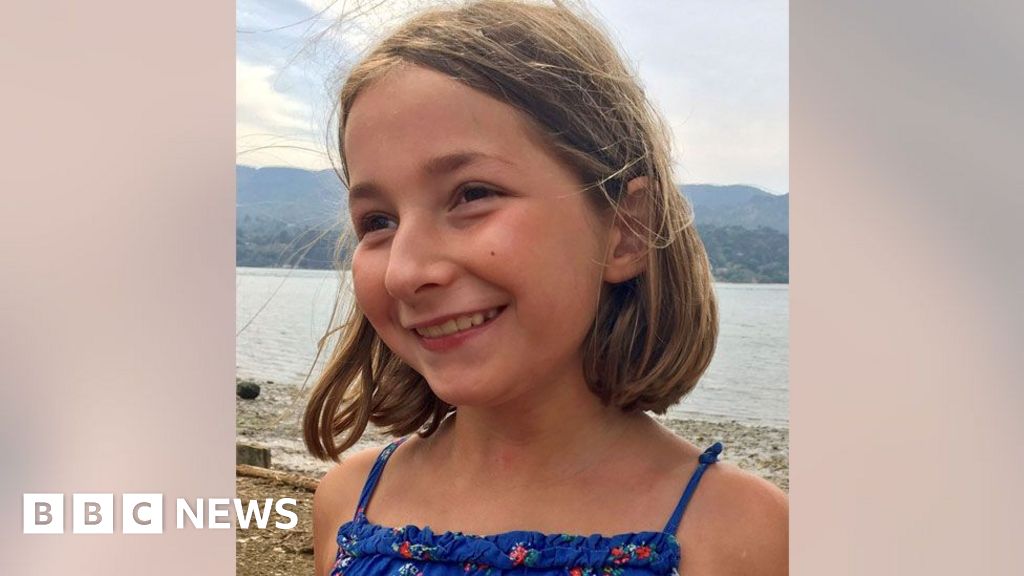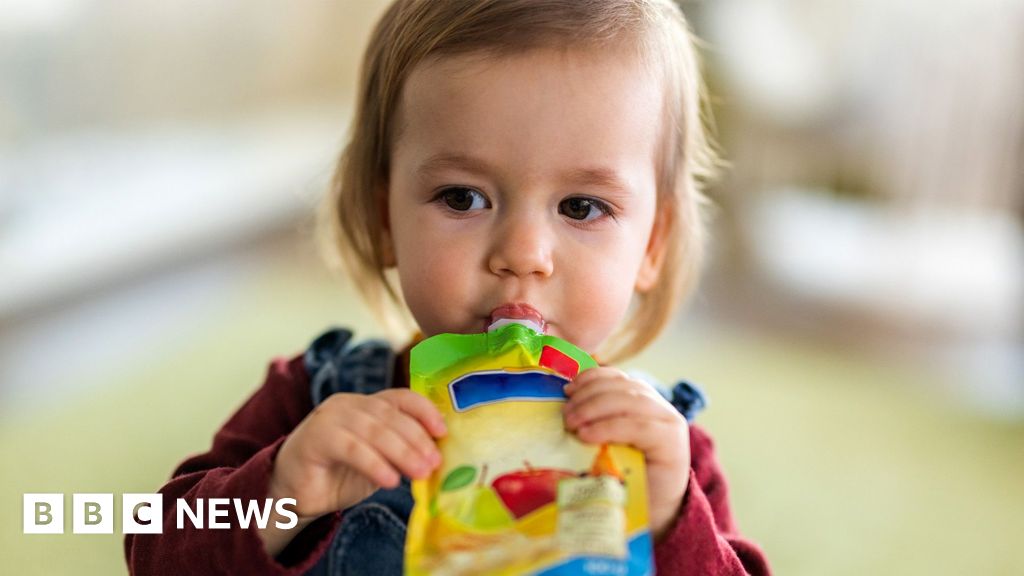ARTICLE AD BOX
By Jenny Rees
BBC Wales health correspondent
Image source, Getty Images
Image caption,Nurse chiefs said images such as these produce unrealistic expectations
Portraying nurses as superheroes has placed added pressure on exhausted workers, Wales' top nurse has said.
Speaking ahead of International Nurses Day, the chief nursing officer for Wales said the NHS faced an unsustainable staffing gap.
There are more than 1,700 nursing vacancies in Wales, according to the Royal College of Nurses (RCN).
Sue Tranka said unrealistic expectations on staff following the Covid pandemic was not helping.
At the start of the pandemic, images of doctors and nurses as cape-wearing superheroes sprung up on everything from street art to mugs.
Ms Tranka said while it was appreciated by staff, it could also be unhelpful.
"It put an additional burden on people who are human beings," she said.
"It's a little unhelpful having that narrative because it implies we are flawless and will turn up every day on top form - you just can't do that.
"I would want to change that rhetoric - we are degree-trained individuals who come to work every day wanting to do the best that we can."
Image source, Getty Images
Image caption,NHS workers were compared to superheroes during the pandemic
While there has been a 69% rise in the numbers of nurses being trained in Wales, retention remains a major issue.
Between April 2020 and March 2021, 1,458 newly-registered nurses joined their professional register, but 1,243 left, according to the Nursing and Midwifery Council.
It means NHS Wales spent an estimated £360m over the past five years on agency nurses, midwives and nursing assistants.
"It's not all about pay. Yes they want to be rewarded fairly, but they want to give great care and they also want to work flexibly," said Helen Whyley, RCN director in Wales.
"Unless the NHS is going to accommodate that, in today's market there are plenty of opportunities elsewhere."
More than 400 nurses from across the world are expected to come and work in Wales this year through a new Welsh government programme.
Chief Nursing Officer Sue Tranka joined the NHS as a nurse in 1999 via an international programme
It is a route Ms Tranka took herself, having trained in South Africa and being recruited to work in the NHS in Sunderland in 1999.
However, she believes international recruitment is a short-term fix and Wales must look to homegrown nurses for a longer-term solution.
"Health Education Improvement Wales is undertaking a piece of work around workforce planning currently - that's the first time we will have done such a comprehensive piece of work in Wales," she said.
"That will tell us not just about the number of nurses we need but the type of workforce we require around the patient."
She said that may mean a mix of apprentices and cadets to advanced practice and nurse consultant roles.

 3 years ago
113
3 years ago
113








 English (US) ·
English (US) ·